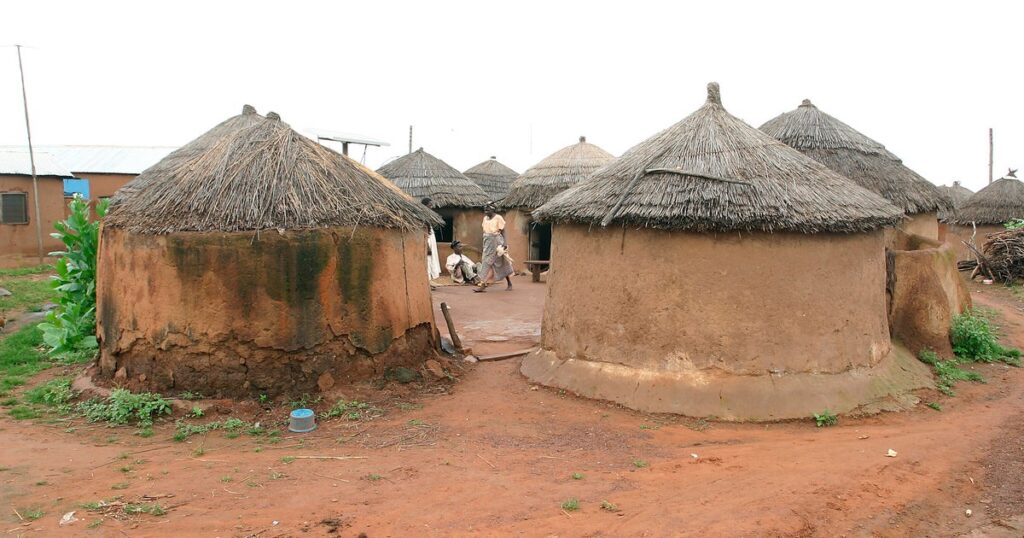Hundreds of people suspected of witchcraft in Ghana, special older women, face unbridled human rights abuse, including murder, Amnesty International said Monday, asking the government to criminalize accusations and ritual attacks.
In 2023, the Ghanaian Parliament approved a bill, which makes a criminal offense to declare, aggression, name or label some as a witch, but the bill has not yet been signed.
“The accusations, which can lead to threats, physical attacks or simply death, usually begin within the family or among community members after a tragic event such as a disease or death,” Amnesty said.
“Older women who live in poverty, with health or disabilities conditions have a higher risk, as well as women who do not agree with stereotypical gender roles. In some cases, Batilys also base their statements by having had a bad dream on a person,” he added.
The majority of the victims are “marginalized individuals, instead of greater”, in areas of the northern regions and Northatern of the country, according to the report.
The belief in witchcraft remains common in many rural communities along the coast of Western Africa, including Ghana and other parts of the continent. Earl this year, two men in Zambia were Accused of practicing witchcraft And possess charms aimed at damaging the president of the country.
People accused of witchcraft are usual banished from their areas of origin and in Ghana they seek refuge in camps led by traditional priests “where they remain until they die or a family or another community accepts them,” said the rights monitor.
Amnesty said that Ghana had not done enough to protect the victims, emphasizing the need for a awareness campaign in vulnerable areas.
He also said that the Government had not been able to “guarantee access to adequate foods, safe homes and clean water” for people living in these camps.
“The authorities must approve legislation specifically that criminalizes the accusations of witchcraft and ritual attacks, including protection measures for possible victims,” said Genevief Partington, Amnesty country director in Ghana.
Partington is also a member of the accusations of the coalition against Witchcraft, an association created after the lynching of a 90 -year -old woman in July 2020 in northern Ghana.
Similar attacks occur in other parts of Africa.
Eight women blamed for the death of two sick children in Guinea Bissau last year forced to drink poison and died.
Also last year, two women in their sixty years were publicly stoned and their bodies burned in the Democratic Republic of the Congo for allegedly causing the death of several people.
This is a reflection of how “we treat the elderly,” Leo Igwe, founder of Nigeria’s non -profit defense for alleged witches, told AFP.
Samadu Sayibu or Ghana’s rights group Songtaba, said he also “highlighted issues such as gender and poverty.”
Evil Witchcraft It is also common in some rural communities in Angola despite the strong opposition of the church in the former predominantly Catholic Portuguese colony. Last year, police said About 50 people died In Angola after being forced to drink a herbal potion to prove that they were not sorcerers.
Duration A 2009 trip to Angola, Pope Benedict urged Catholics to reject witchcraft and witchcraft.

